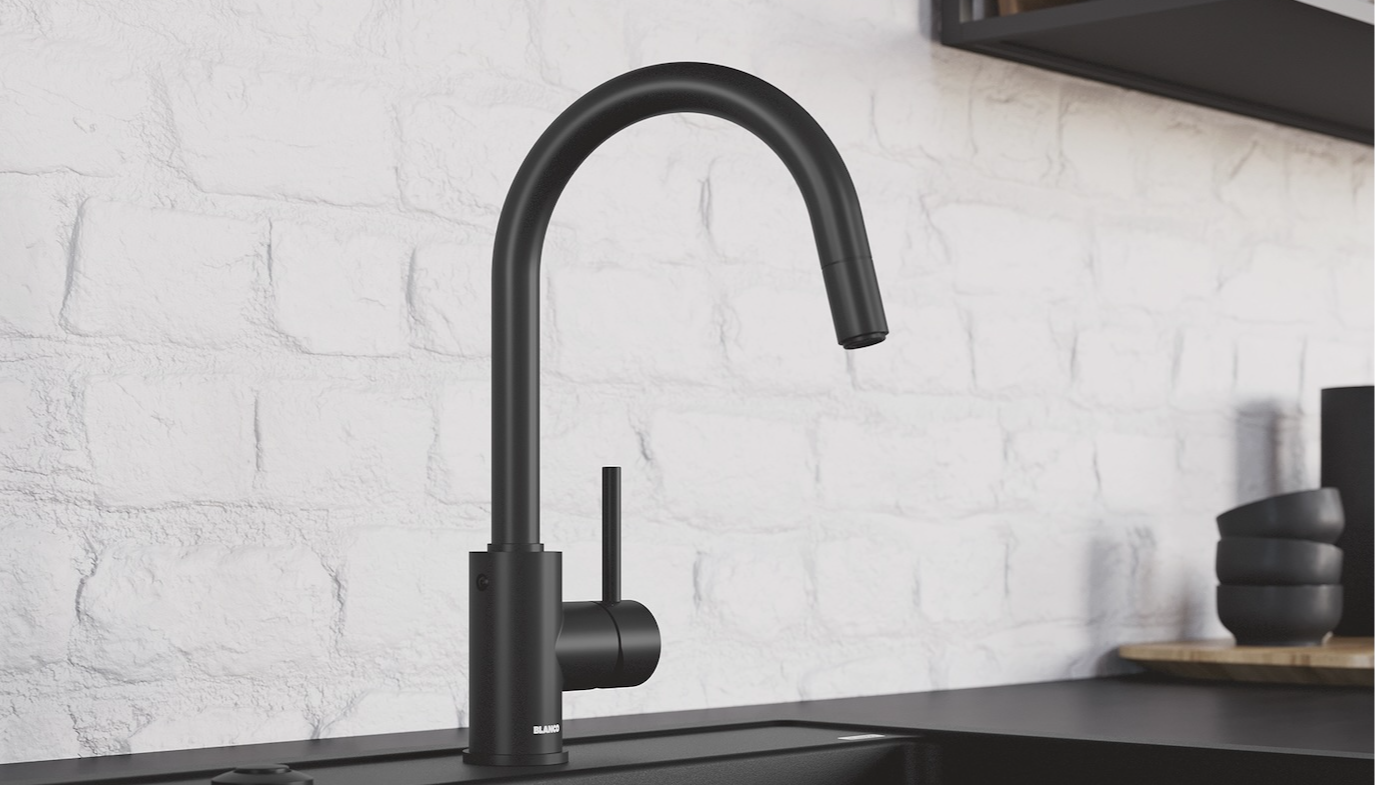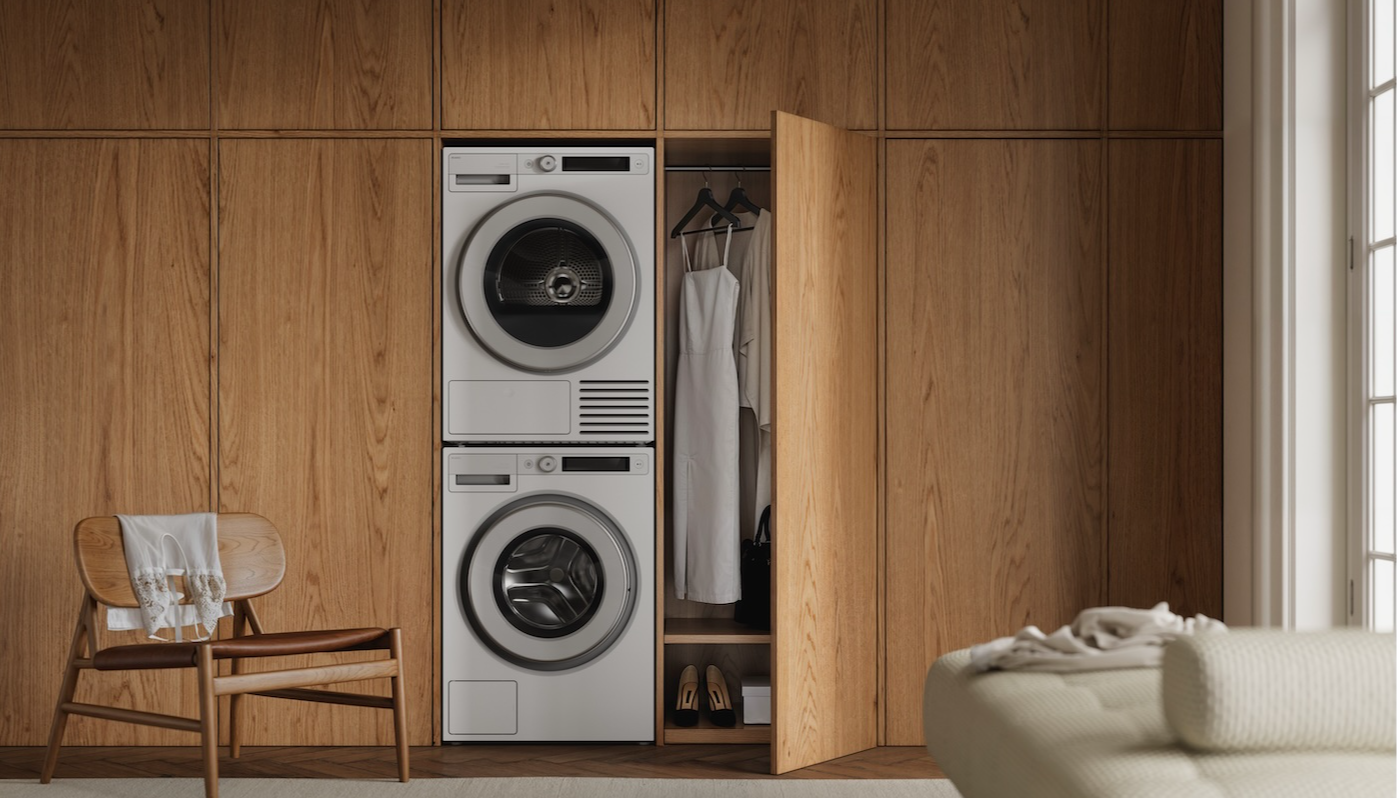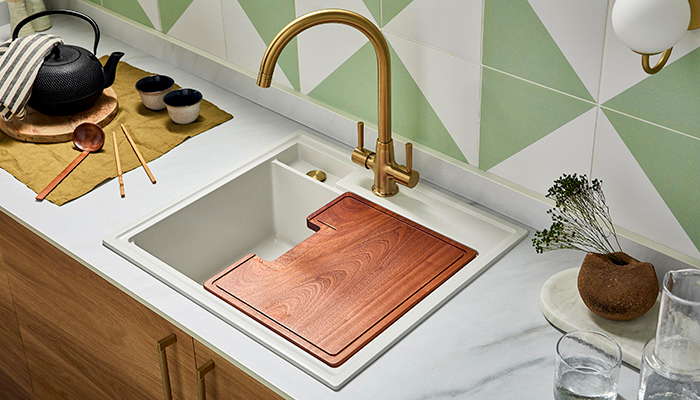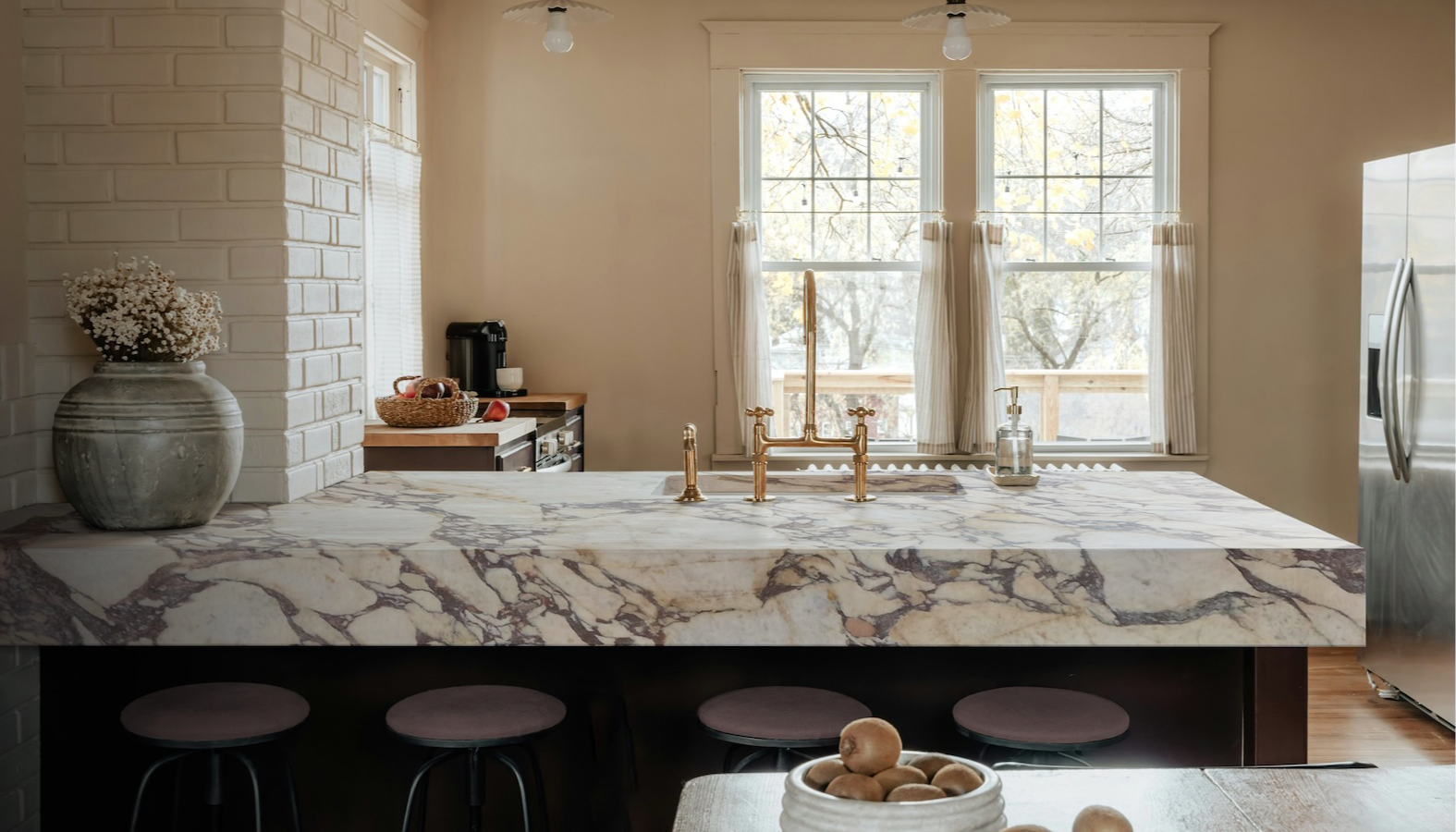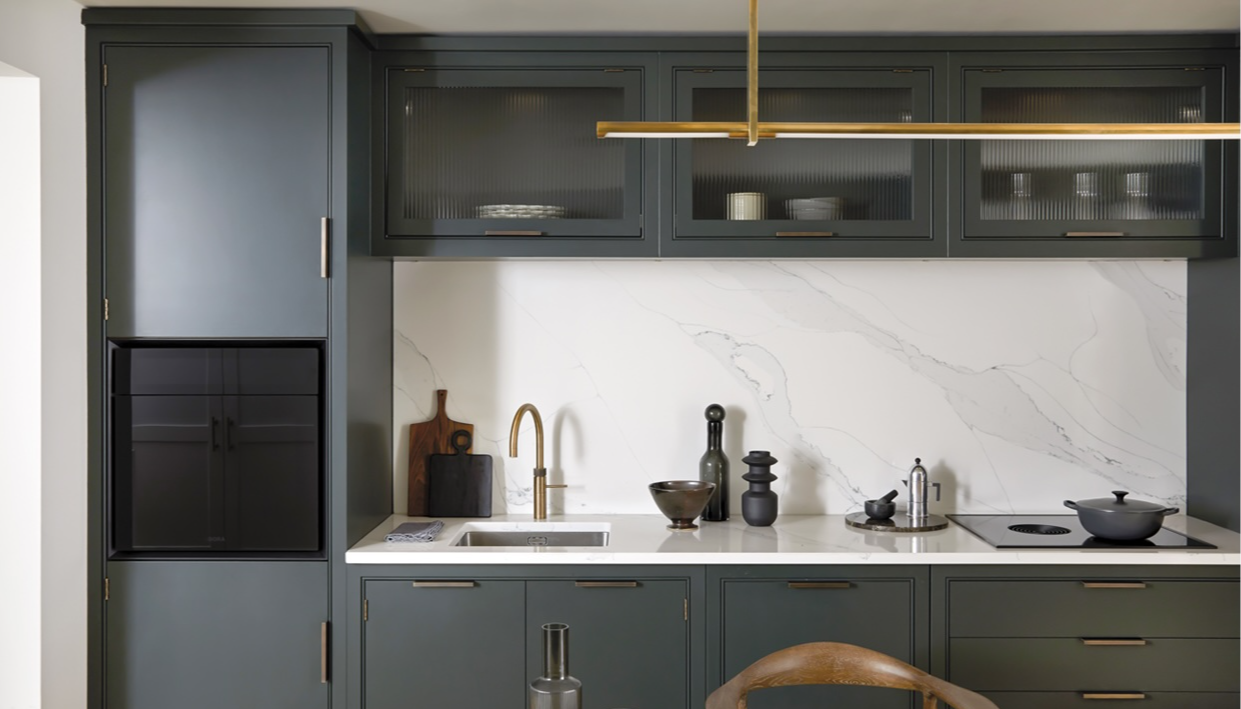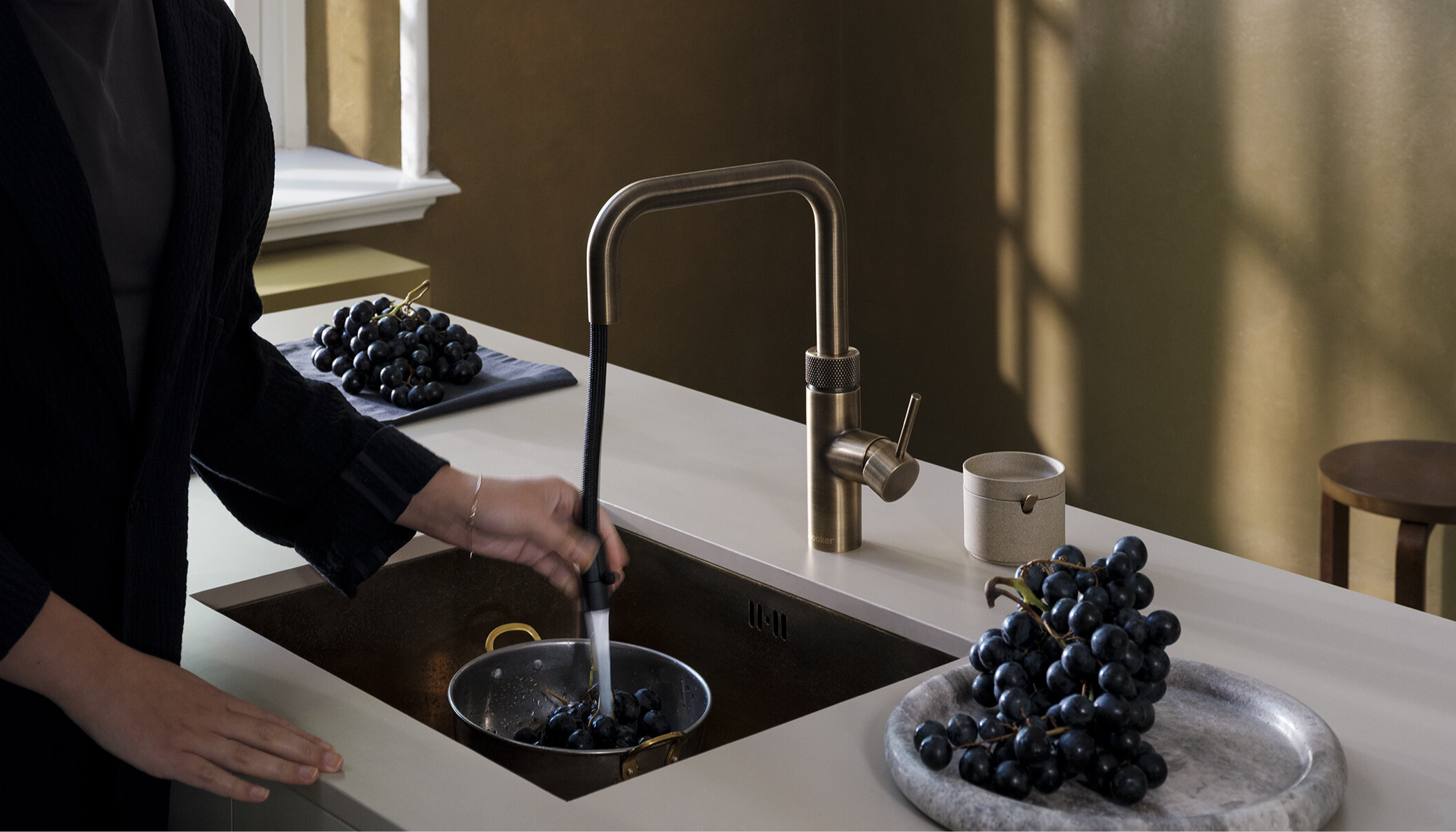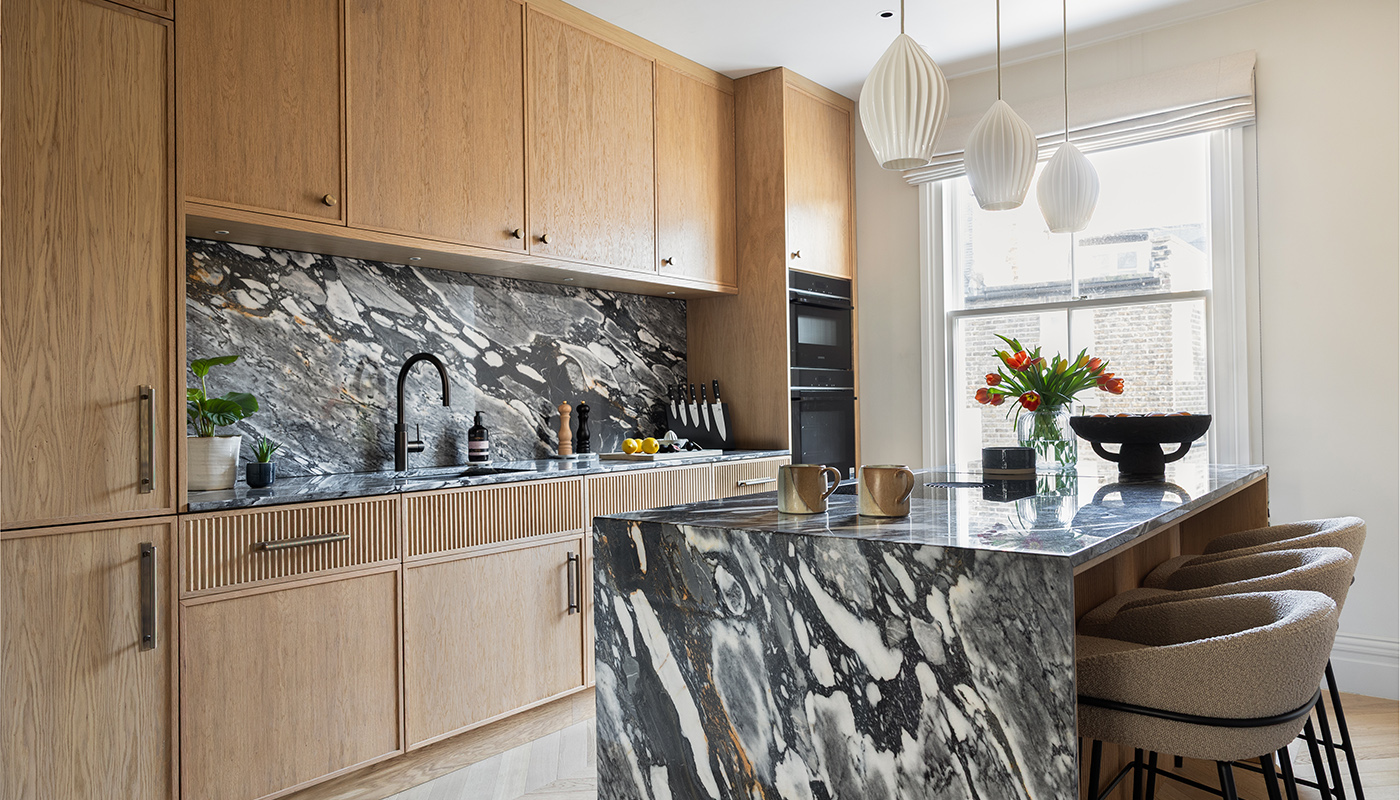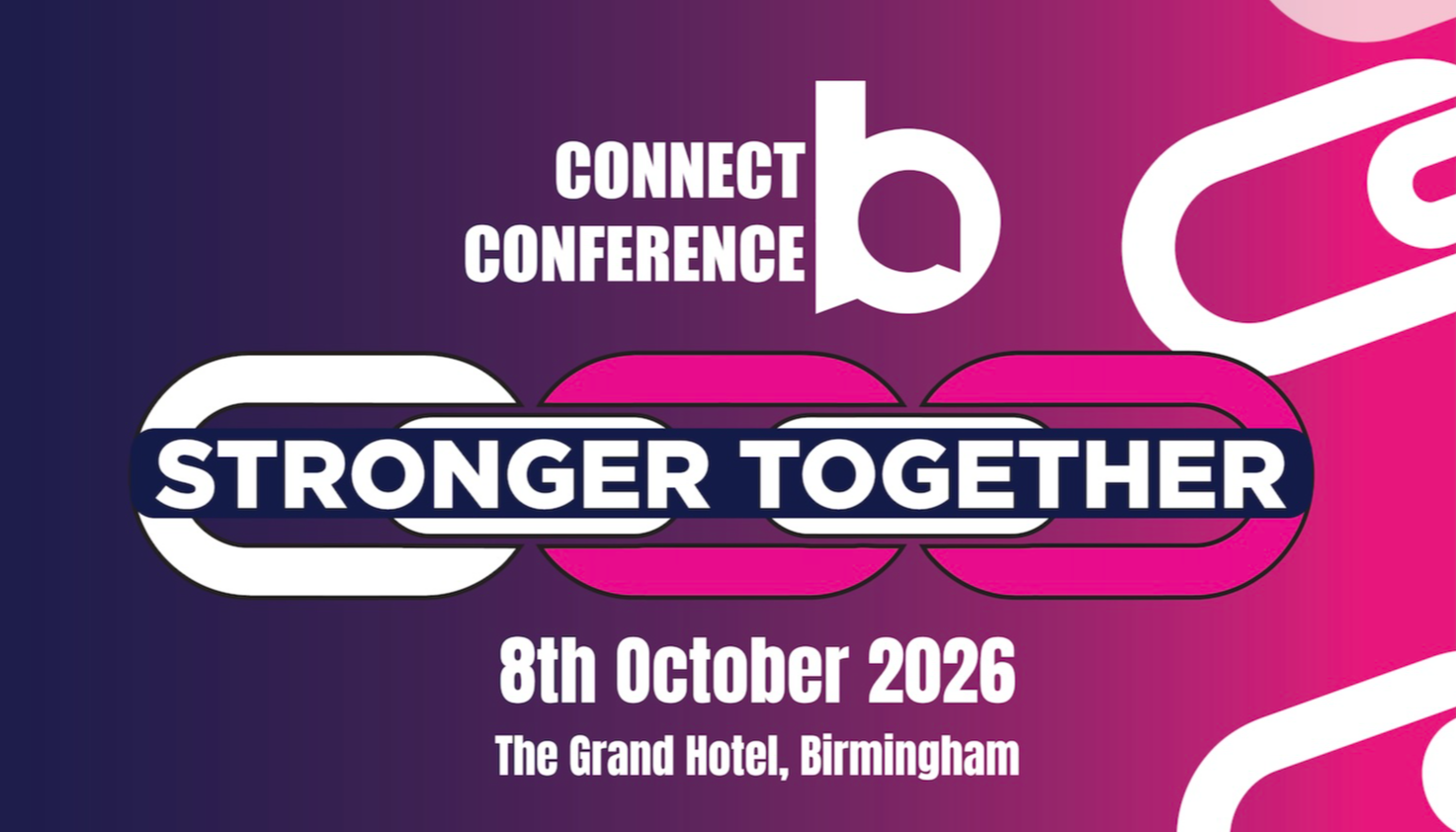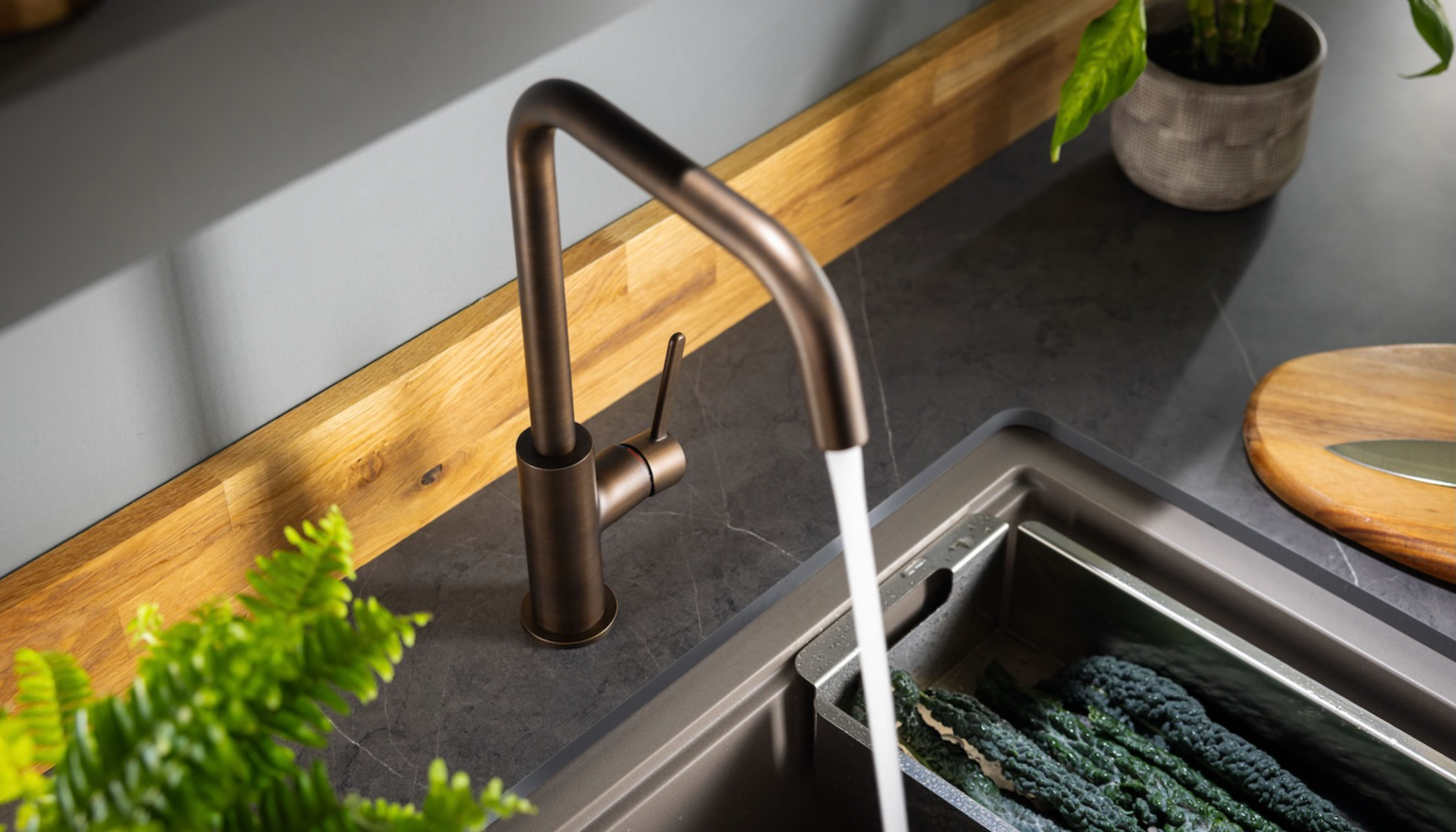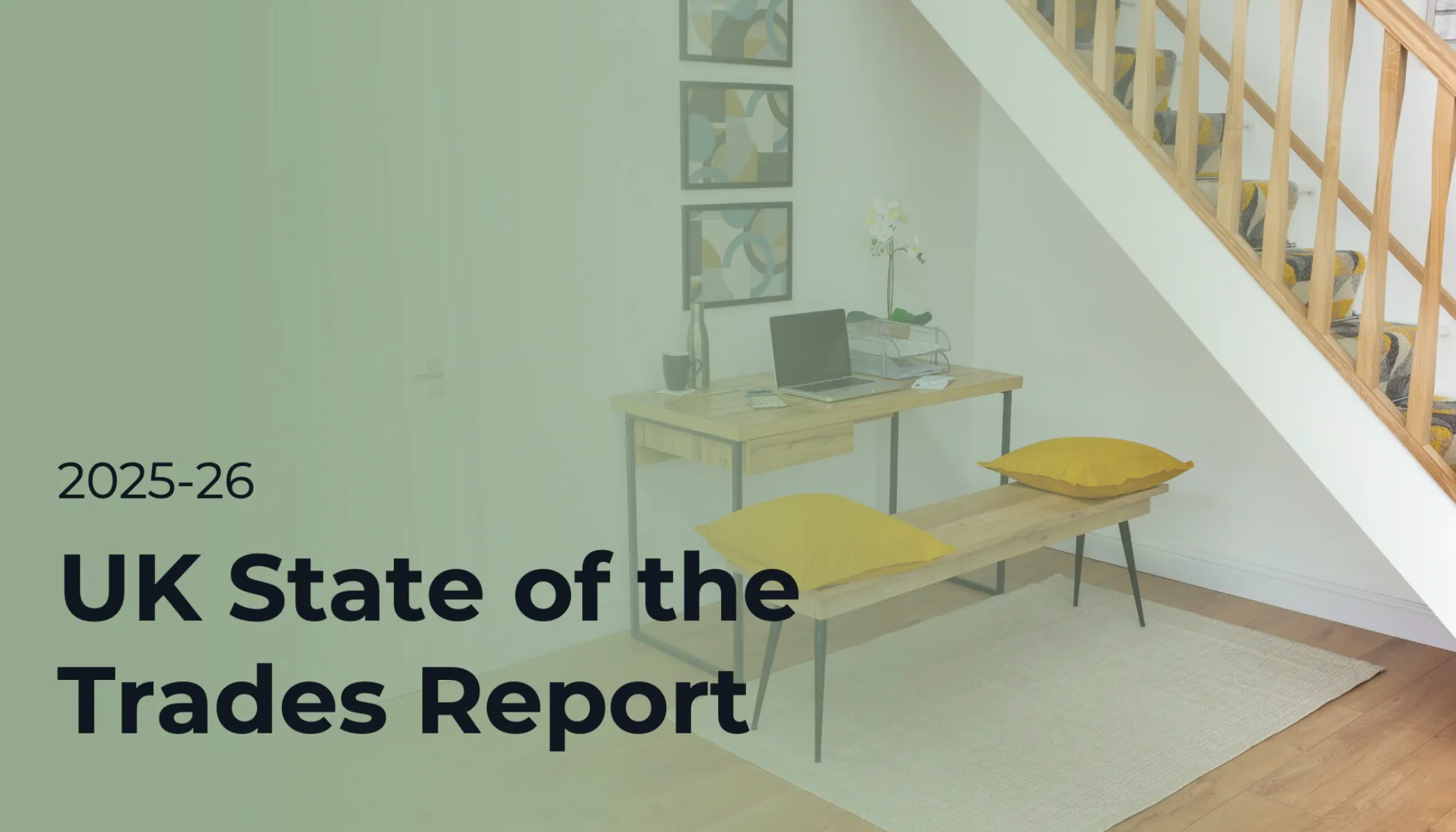Cyncly's Alex Ainge: How cloud-based technology can support sales

Cyncly's Alex Ainge: How cloud-based technology can support sales
The way we work is changing, in the KBB sector as much as anywhere else – but could cloud-based technology bridge the gap between hybrid working and in-person selling? Alex Ainge, sales director for Cyncly, thinks so.
Once upon a time, designers had no choice but to work from the retail showroom, in front of a computer connected to the shop’s internet and electricity supply. With work tethered to on-premises hardware and data, it was hard to envisage an alternative. But then advancements in technology, changes in the way we use the internet, and the evolution of cloud-based storage systems began to suggest possibilities for working in a more flexible way. In tandem, retailers and designers began to see the benefits it could offer, in terms of efficiency and information sharing and also enhancing the customer experience.
Enter 2020 and the idea of working remotely was fully born, albeit perhaps a little earlier than some could have predicted! And this is one element of lockdown that we’ve not really rebounded away from, largely because of all those advantages we were already enjoying with flexible working.
So much so that the Government has introduced new flexible working regulations in the UK, that became law on 6th April 2024, giving employees the right to request flexible working arrangements from day one of employment, rather than the previous requirement to be on staff for 26 weeks. In this case, flexible work refers not just to working patterns or hours but also location, for example, working from home.
Even before this new legislation fully takes hold, statistics suggest that in 2023, around 4.42million employees in the UK had employment contracts that allowed for flexible working hours, making it the most common flexible working practice of last year.
According to research from the British Chamber of Commerce’s (BCC) Insight Unit, the vast majority (76%) of businesses surveyed say they offer flexible working to their employees. Interestingly though, firms in the business-to-business service sector (e.g. legal, finance, marketing, media) are far more likely to offer flexible working than those in manufacturing and consumer-facing sector (e.g. retail and hospitality). A sure sign that there is work to be done within the KBB retail sector, to adopt a more hybrid approach to our working practices.
Possibly, some of the reason for the slow take-up in the retail sector, at least when it comes to selling kitchens and bathrooms, can be put down to the desire for the sale to take place in an in-person environment. Indeed, with something as tactile and long-lasting as spaces for living, in-person purchases are what sets the independent retailer apart from their online competition.
Could cloud-based technology hold the answer to seamlessly connect online and in-person environments? Going far beyond enabling your team to access and progress designs whilst working at home, on-site with a client or, indeed, anywhere with an internet connection, the cloud offers greater all-round flexibility in the way we work, and even more so if there are several people working in your team or across more than one site.
In addition to this, cloud-based solutions often boast robust collaboration features, facilitating seamless teamwork across geographic boundaries. Real-time document editing and sharing streamline communication and foster productivity.
Security is another advantage, as cloud providers invest heavily in safeguarding data with advanced encryption and authentication protocols, often surpassing what individual organisations can afford. Importantly too, scalability is inherent to cloud services, allowing retailers to adapt swiftly to changing needs without substantial upfront investments in infrastructure.
And of course, cloud-based working promotes sustainability by reducing the need for physical hardware and energy consumption associated with traditional office set-ups.
Importantly for retailers, shareable functionality can improve the customer journey and overall retail experience. Cyncly’s Winner Flex solution, for example, provides retailers with an easy-to-use way to guide customers through the kitchen design and purchasing process. Sales staff can present customers with project inspirations, design spaces, and close sales from quotation to order placement with the supplier. This high-level experience streamlines the sales process, from initial inspiration to qualification and purchase. This is just one example of how the cloud enables retailers to be autonomous and fast in the design and costing of a project, with intuitive tools that enable any member of the team to take charge of the customer's project and carry it through to the sales phase.
We would argue that such cloud-based designing provides the flexible approach to kitchen and bathroom design that is needed in 2024 – and no doubt beyond.

Tags: insight, features, alex ainge, cyncly, cloud-based technology, kitchens, bathrooms




